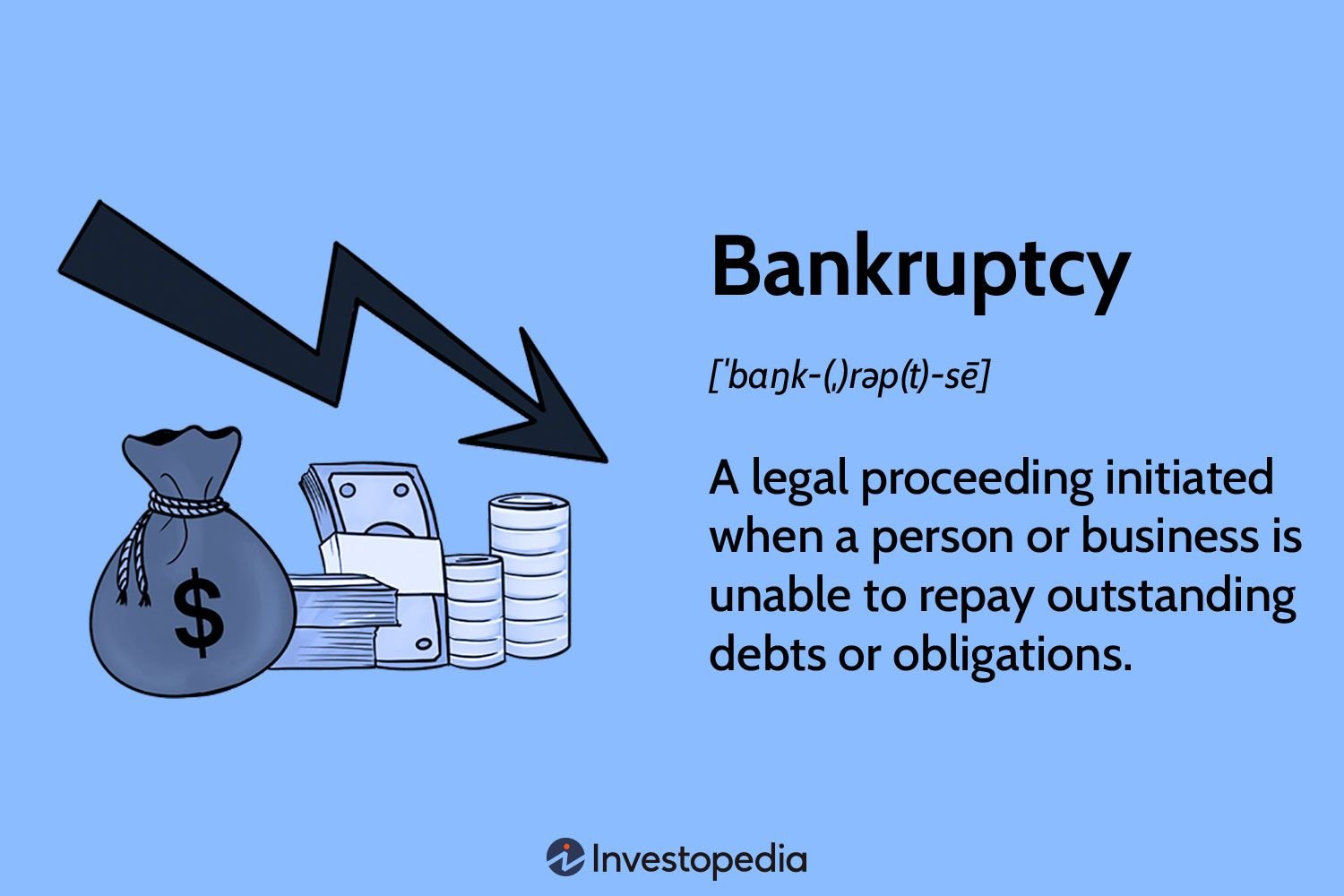Are you unsure about the rules for gifting money? Don’t worry, we’ve got you covered! Understanding the rules for gifting money can save you from potential tax complications and ensure a smooth and hassle-free process. In this article, we will delve into the intricacies of gifting money, providing you with the knowledge you need to navigate this financial terrain confidently. Whether you’re planning to gift money to a family member, friend, or charity, understanding the rules will ensure that your generous gesture is both beneficial and compliant. So, let’s dive in and explore the rules for gifting money together.
Understanding the Rules for Gifting Money
Gifting money can be a generous and thoughtful way to show your love and support for someone. Whether it’s for a birthday, wedding, or any other special occasion, monetary gifts can be a great solution when you’re unsure about what to give. However, it’s important to understand the rules and regulations surrounding gifting money to ensure you stay within legal boundaries and avoid any unexpected tax issues. In this article, we will explore the various aspects of gifting money, including the gift tax, gift limits, and strategies to maximize your gifts while minimizing tax liabilities.
What is the Gift Tax?
The gift tax is a federal tax imposed on the transfer of money or property by one individual to another without expecting anything in return. The Internal Revenue Service (IRS) governs this tax and requires individuals to report certain gifts on their tax returns. It’s important to note that as the donor (person giving the gift), you are responsible for paying the gift tax, not the recipient.
Gift Tax Exemptions
While the idea of paying taxes on gifts may seem burdensome, the IRS offers several exemptions and exclusions to reduce or eliminate the gift tax. Here are some important exemptions to be aware of:
Annual Exclusion
The annual exclusion allows you to give a certain amount of money or property to an individual each year without incurring any gift tax. As of 2021, the annual exclusion amount is $15,000 per person. This means that you can give up to $15,000 to as many individuals as you wish each year without needing to report the gift or pay any taxes.
For example, if you have three children, you can give each of them $15,000, totaling $45,000, without triggering the gift tax. However, if you were to give one child $20,000, you would need to report the excess $5,000 on a gift tax return.
Lifetime Exemption
In addition to the annual exclusion, the IRS provides a lifetime exemption for gifts that exceed the annual exclusion amount. The lifetime exemption allows you to give a cumulative amount of gifts over your lifetime without incurring the gift tax. As of 2021, the lifetime exemption amount is $11.7 million per person.
For most people, the lifetime exemption is not a concern as it only applies to large estates. However, it’s still important to keep track of your lifetime gifts, as they will reduce your available estate tax exemption when you pass away.
Reporting Gifts
While gifts within the annual exclusion amount do not need to be reported, there are certain situations where you may need to file a gift tax return even if you don’t owe any taxes. Here are some instances that require filing a gift tax return:
Gifts to Non-U.S. Citizens
If you give a gift to someone who is not a U.S. citizen or a resident alien, you must file a gift tax return regardless of the amount.
Gifts Exceeding the Annual Exclusion
If you give a gift to an individual that exceeds the annual exclusion amount of $15,000, you need to file a gift tax return. However, you will only owe taxes on the portion of the gift that exceeds the annual exclusion.
Gifts to Spouses
Gifts to your spouse who is a U.S. citizen are generally not subject to the gift tax. However, there are certain circumstances where you might need to report the gifts, such as if your spouse is not a U.S. citizen or if the gift exceeds the annual or lifetime exclusion.
Strategies to Maximize Gifting
While gifting money can be a simple and straightforward process, there are strategies you can employ to maximize your gifts and minimize potential tax liabilities. Here are a few strategies to consider:
Utilize the Annual Exclusion
Take advantage of the annual exclusion by gifting up to $15,000 to each individual you wish to support. This way, you can transfer a significant amount of money over time without triggering the gift tax.
Gift Splitting
If you’re married, you and your spouse can double the annual exclusion amount by gift splitting. This means that as a couple, you can gift up to $30,000 to an individual without incurring the gift tax.
Pay Medical and Education Expenses Directly
Payments made directly for someone’s medical or educational expenses are not subject to the gift tax. By paying these expenses directly to the institution, you can provide significant support without using any of your annual or lifetime exclusions.
Establish Trusts
Trusts can be valuable tools for gifting as they allow you to transfer assets while maintaining control over their use. By establishing a trust, you can determine how and when the money will be distributed to the beneficiaries, potentially reducing tax liabilities and ensuring the gift is used wisely.
Understanding the rules for gifting money is crucial to avoid tax issues and ensure that your generosity is properly managed. By familiarizing yourself with the gift tax, exemptions, reporting requirements, and smart gifting strategies, you can make the most of your gifts while staying within legal boundaries. Remember, consulting with a tax professional is always recommended to ensure compliance with the ever-changing tax laws. Happy gifting!
Frequently Asked Questions
Here are some commonly asked questions about gifting money:
- 1. Is there a limit to how much money I can give as a gift?
- 2. Will I owe taxes if I give money to my children or grandchildren?
- 3. Do I need to report small gifts, such as birthday presents or holiday gifts?
- 4. Can I deduct the amount of money I gifted from my income taxes?
- 5. What happens if I exceed the annual exclusion amount?
- 6. Are there any restrictions on who I can give money to?
- 7. Can I give money to someone outside of the United States without incurring taxes?
Please note that the answers provided in this FAQ section are for informational purposes only and should not be considered as legal or financial advice. It’s always best to consult with a tax professional for personalized guidance based on your specific situation.
Gift Tax Explained – Do You Pay Taxes On Gifted Money?
Frequently Asked Questions
Frequently Asked Questions (FAQs)
1. What are the rules for gifting money?
The rules for gifting money vary depending on the country you are in. In the United States, for example, you can gift up to $15,000 per year to an individual without incurring any gift tax. If you exceed this limit, you may need to report the gift to the IRS. It’s important to consult with a tax professional or refer to the specific regulations in your country for more detailed information.
2. Can I gift money to anyone I want?
In general, you can gift money to anyone you want. However, it’s essential to consider any legal restrictions or potential tax implications that might apply. For example, some countries have restrictions on gifting money to non-residents or minors. Additionally, certain individuals or organizations may be subject to specific regulations, such as political figures or charitable organizations.
3. Do I have to pay taxes on gifted money?
As the recipient of a gift, you generally don’t have to pay taxes on the gifted money. However, the person giving the gift may have to pay gift tax under certain circumstances. The rules surrounding gift tax can be complex, so it’s advisable to consult with a tax professional to understand your specific situation.
4. Are there any exceptions to the gift tax rules?
Yes, there are several exceptions to the gift tax rules. For instance, gifts made to a spouse who is a U.S. citizen, payments made directly to educational or medical institutions on behalf of someone, and gifts that fall within the annual exclusion limit ($15,000 in the United States) are generally exempt from gift tax. It’s important to familiarize yourself with the specific exceptions applicable in your country.
5. Can I deduct gifted money from my taxes?
In most cases, you cannot deduct gifted money from your taxes. Gifts are generally not considered taxable income, so they cannot be claimed as deductions. However, if you give money to a qualified charitable organization, you may be eligible for a tax deduction, subject to certain limitations and requirements.
6. Are there any reporting requirements for gifting money?
Depending on the country, you may need to report gifts above a certain value to the tax authorities. In the United States, for example, you need to file a gift tax return if you exceed the annual exclusion amount. The reporting requirements can vary, so it’s essential to consult with a tax professional or refer to the specific regulations in your country.
7. Can I gift a large sum of money over multiple years to avoid taxes?
Gifting a large sum of money over multiple years can be a strategy to minimize gift tax. By staying within the annual exclusion limit ($15,000 in the United States) each year, you can avoid immediate tax implications. However, it’s important to note that if you exceed the lifetime gift exemption (which is significantly higher than the annual exclusion), you may still be subject to gift tax.
8. Are there any other considerations when gifting money?
When gifting money, it’s crucial to keep proper documentation of the gift, including the amount, recipient, and date. This documentation may be required for tax purposes or in the event of any disputes. Additionally, if you are giving a considerable sum of money, it’s wise to consult with a financial advisor or attorney to ensure that the gift aligns with your overall financial planning goals.
Final Thoughts
Understanding the rules for gifting money is crucial when it comes to managing finances and ensuring compliance with legal and tax regulations. By familiarizing oneself with these rules, individuals can confidently navigate the process of giving money to others. It is important to consider the annual gift tax exclusion, which allows for gifting a certain amount of money tax-free each year. Additionally, understanding the implications of larger gifts and potential taxes that may apply can help avoid any surprises. By gaining a clear understanding of the rules for gifting money, individuals can make informed decisions and provide financial support to their loved ones while staying compliant with applicable laws.


